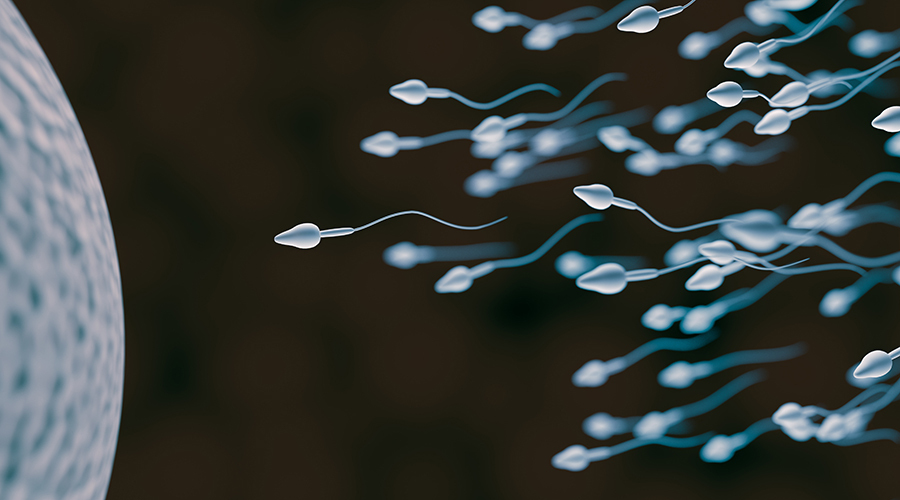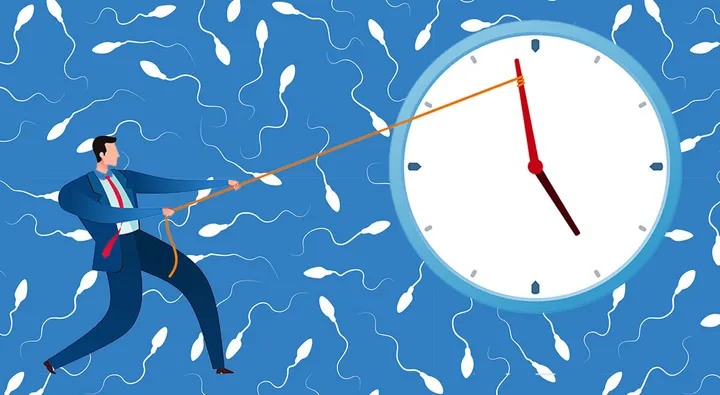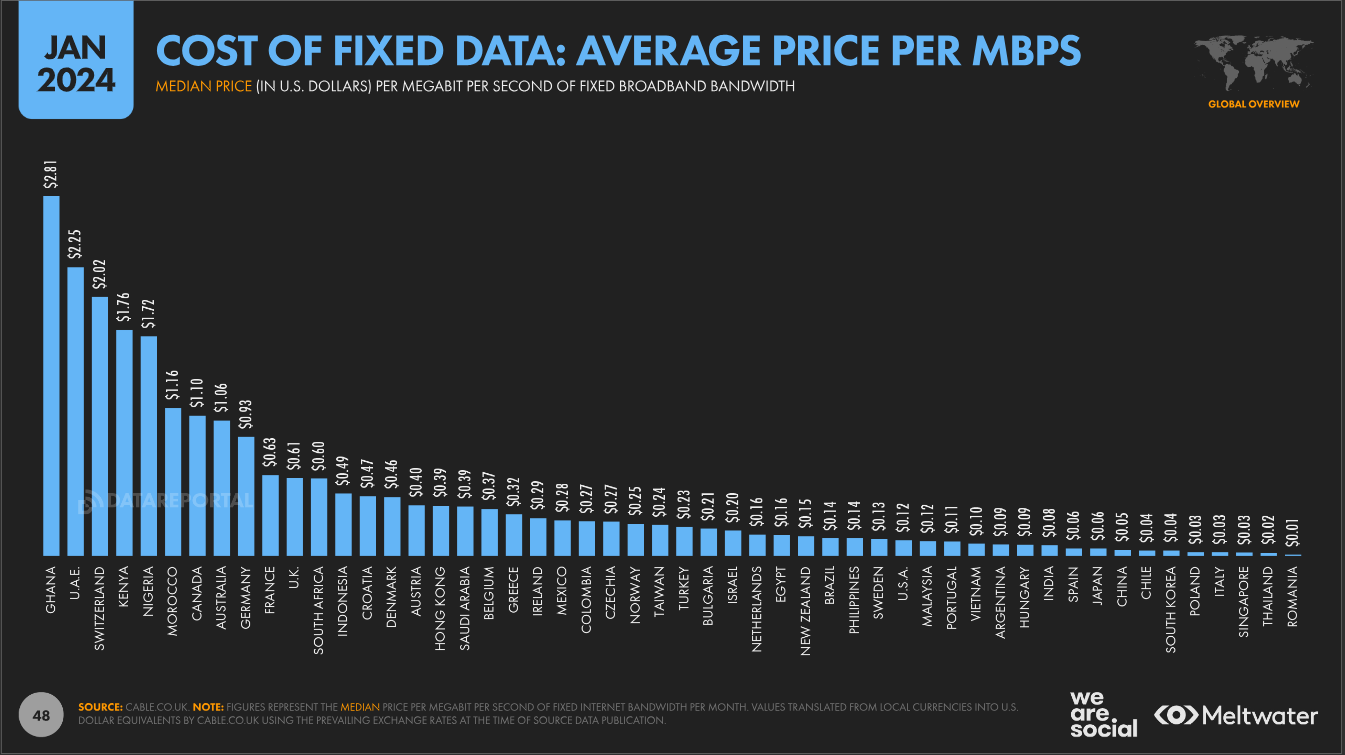

Do men also have a biological clock?
The term biological clock often refers to women, as many women are warned that they are not getting younger and the prime of their fertile age is 30.
Since men have become fathers even late in their 80s, many people believe that there is no male biological clock.
Male fertility isn’t an eternal elixir that never runs dry; the effects of ageing bear down on men just like they do on women.
The male biological clock
There is no specific age but there is an age range.
The Centre for Disease Control (CDC) states that the decline in male fertility usually starts at age 35 and gets more intense by age 40.
Research showed that men over 35 have a 25% fertility rate, while women under 35 have a 52% rate.
According to a different study on the correlation between age and semen characteristics, the reduction in male fertility is believed to start at age 35 and peak between 30 and 35.
Although men never stop producing sperm, the World Health Organisation's semen criteria suggest that the quality of sperm decreases with age.
These characteristics, which include motility, morphology, and count, may begin to decline by age 35.
ALSO READ: Do laptops cause male infertility and low-quality sperm?
Effect of age on male fertility

The likelihood of conception and the quality of a pregnancy are greatly influenced by the father's age, with men over 35-40 having poorer sperm health.
According to a urology clinic, Legacy, these are the effects of sperm quality on childbearing.
- Pregnancy loss and miscarriages increase by 27% in fathers 35 years of age or older and double when fathers reach 50.
- Pregnancies that involve men older than 45 have an increased risk of birth complications and adverse birth outcomes in offspring.
- The fertility rate of men over 35-40 drops by 52% between their early and mid-to-late 30s.
- Compared to men 25 years of age or younger, men 45 years of age or older had a 12.5-fold higher chance of taking more than two years to conceive.
The situation isn't as bleak as it seems, lifestyle changes like eating healthy, exercising, quitting smoking and reducing alcohol intake can improve sperm quality.
Read Full Story




















Facebook
Twitter
Pinterest
Instagram
Google+
YouTube
LinkedIn
RSS